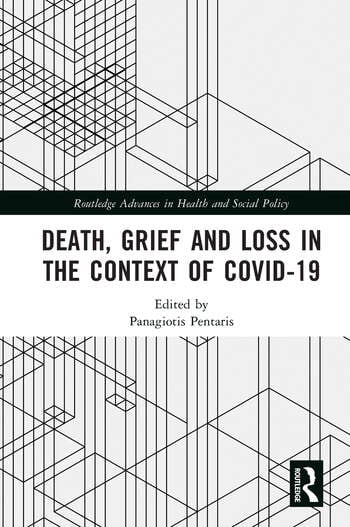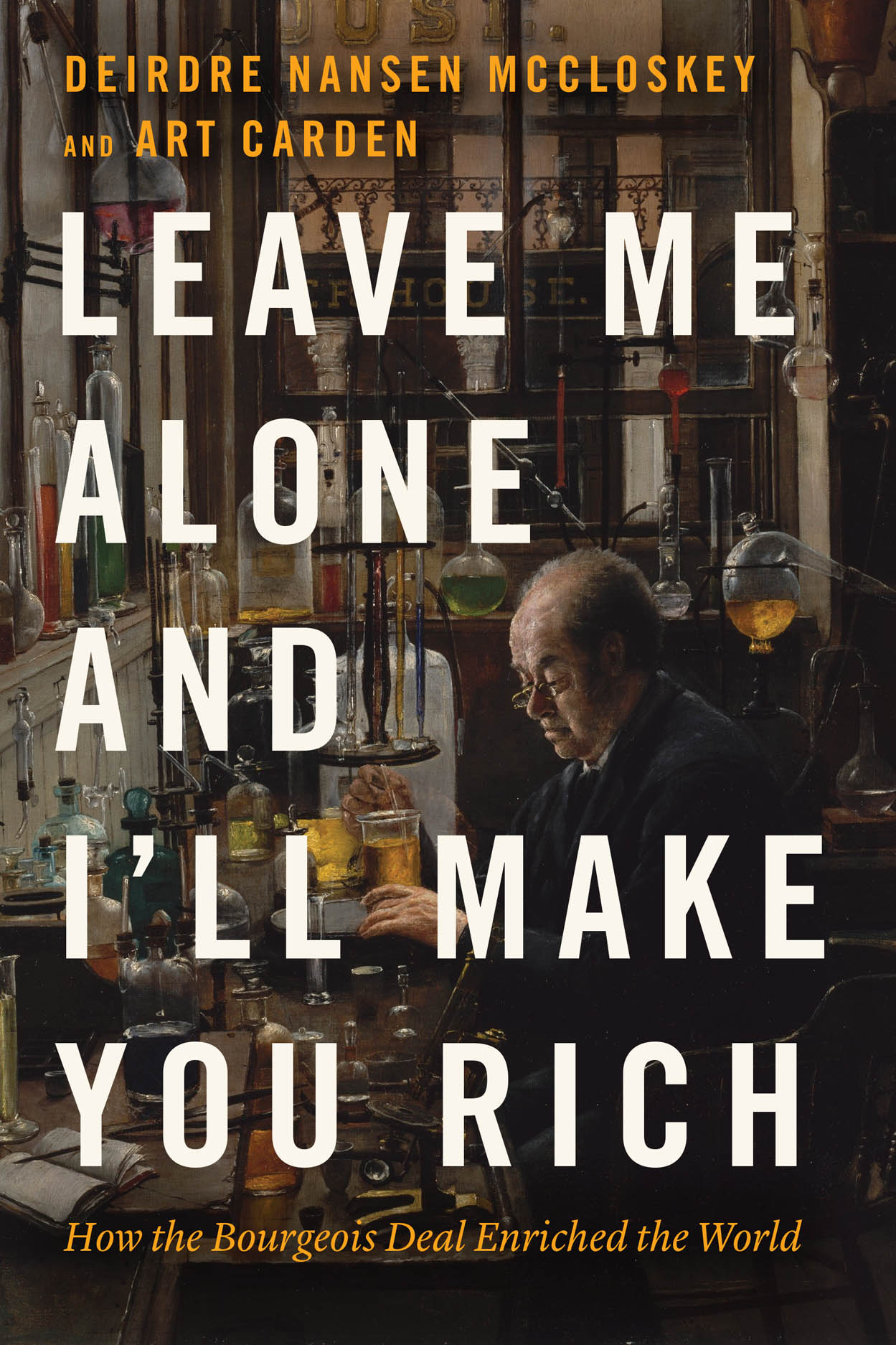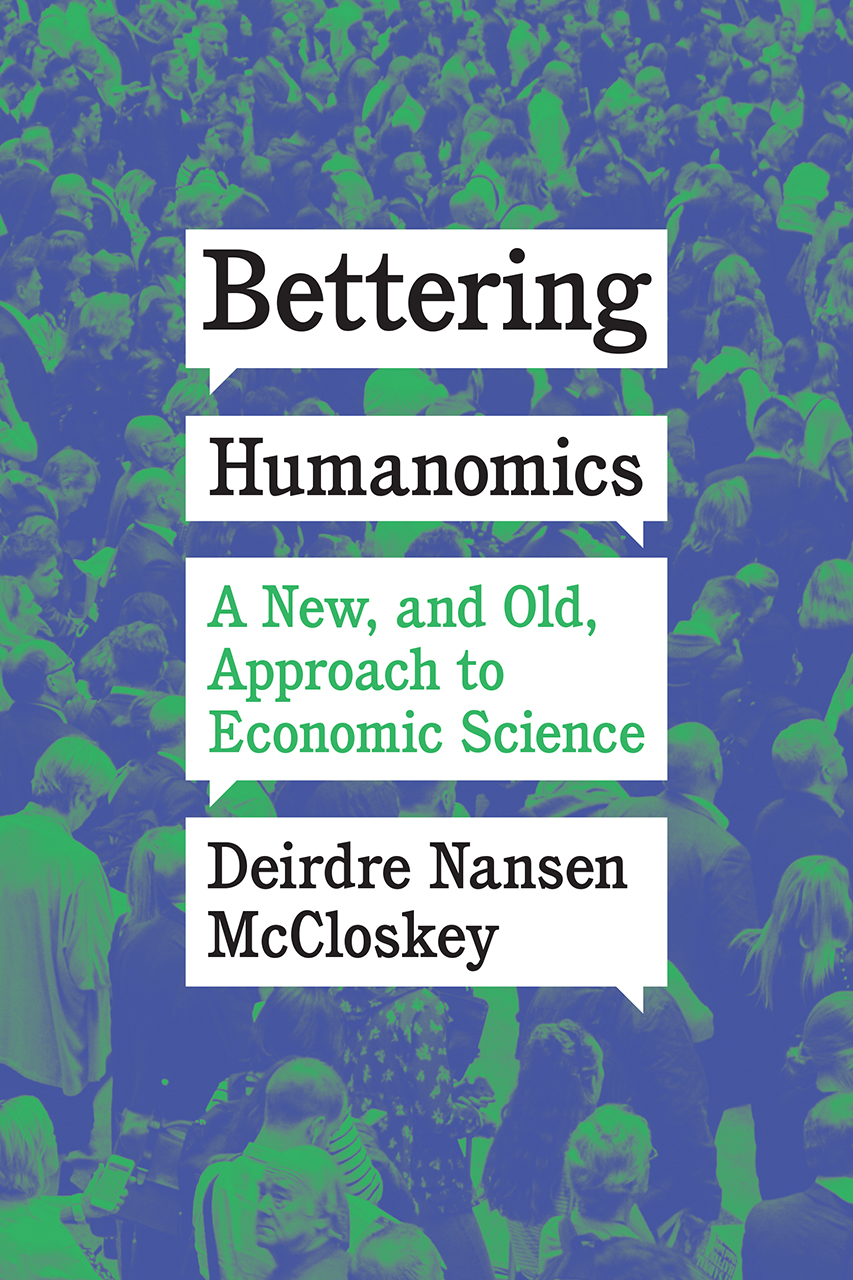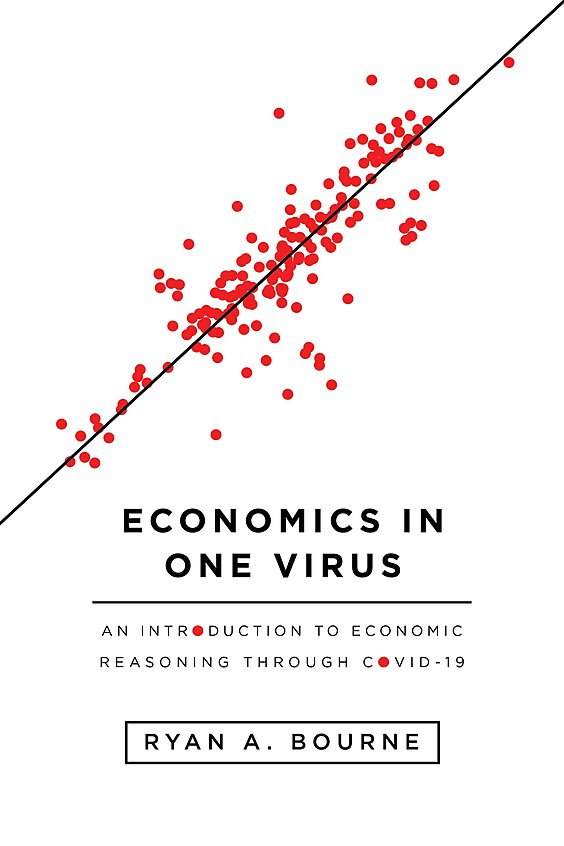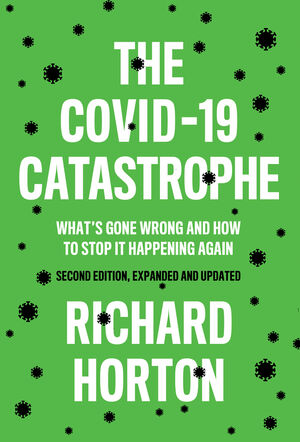THE ETHICS OF UNIVERSAL HEALTH INSURANCE
29 de juliol 2021
28 de juliol 2021
The relationship between value and values
Value(s). Building a Better World for All
This book focuses on four major crises-the Global Financial Crisis, the Global Health Crisis, Climate Change and the 4th Industrial Revolution– and proposes responses to each. Quite a complicated issue. Therefore, my suggestion is to skip the first 2 parts, and go straight to chapter 14. And a key message:
Purpose, values and trust are not natural concepts for economists. The classic economic view, developed by Nobel laureate Ronald Coase, is that a company is a network of contracts in which everyone – owners, managers and workers – responds rationally to incentives. According to Coase’s The Nature of the Firm, the boundaries of the firm are defined by the differences in costs of providing a good or service through the market or a firm.48 Market transactions bear the costs of searching and gathering information, as well as of bargaining, policing and enforcement. Internalising these transactions within firms saves cost but at the expense of span of control, complexity and diseconomies of scale. The boundary of the firm is determined by the balance of these factors, with those activities that can be performed more efficiently and best done by command and control occurring within firms and the rest mediated through markets.
A strict interpretation of this approach misses how shared purpose can reduce transaction costs allowing activities outside the firm to become shared investments that advance the firm’s purpose, reinforcing its profitability and creating shared value. Shared purpose can alter the boundary of the firm (while increasing its ability to create value) by lowering transaction costs in market relationships as well as by making larger and more complex corporate entities possible. Confidence in shared purpose reduces the need for costly, fully complete contracts with suppliers and customers. At the same time, clarity of purpose within organisations, reinforced by strong internal culture, can lead to a type of continuous innovation that turns good companies into great ones.
This is important because, not for the first time, simple theoretical economic models can be poor guides to business in practice. A contractual model is only as good as the contracts, which in practice can be incomplete, difficult to enforce and subject to default. The assumption that human incentives will be solely guided by contractual terms is belied by the realities of people’s behaviours in a wide range of economic circumstances. Moreover, different parties have different time horizons and interests, which frustrate the achievement of optimal outcomes. As Martin Wolf argues, ‘If the rationale for the corporation is to substitute relational contracts, and so trust, for explicit contracts, and so enforcement, one cannot ignore this in deciding what businesses are for and who should control them.’49
The crucial insights of principal–agent theory are not limited to the need to align incentives of shareholders and management but extend to similar challenges between directors, management and employees as well as between companies and their suppliers and communities. When time horizons differ, there will always be incentives for one party to promise one thing and then renege. As we saw in Chapter 4, this is one of the classic motivations for delegated authority to central banks. And even that elegant solution has its limitations, underlining the importance of a shared mission and values.
A strong corporate culture is part of the solution to the problems of incomplete contracts and imperfect incentives. A strong corporate culture encourages stakeholders to internalise the behaviours firms want to create and sustain. In particular, purpose is indispensable to a culture of integrity. As we have seen, trust cannot be achieved merely by asserting rules and following protocols, but rather it is earned by multiple social interactions that reinforce behaviours and values. What are variously termed moral sentiments, social memes or behavioural cascades matter.
Thus purpose operates on a number of planes. First, internally, it creates the necessary social capital within the firm to underwrite foundations of value creation: tightly functioning teams, and high employee participation and engagement. Second, externally, it operates as a means of generating focus on customer service and alignment. The company’s external focus relates to the traditional purpose of a company: to serve its customers.50 If a firm does this well, it generates customer loyalty, and with time the consumer will become a stakeholder, reinforcing trust, good faith and fair dealing. Third, purpose operates as a social narrative, in communities and societies beyond the firm, helping to create and sustain the firm’s social licence to operate. At the highest level, purpose captures the moral contribution of companies to the betterment of the world now and in the future.
A firm is more than a nexus of contracts. However, how do we define it precisely is still unknown.
27 de juliol 2021
26 de juliol 2021
24 de juliol 2021
Digital health transformation
Empowering the health workforce to make the most of the digital revolution
From the OECD report on digital health trasnformation:
To address these issues to successful digital transformation, governments will need to provide the necessary political leadership and implement a range of policy actions to support three main objectives:
1. building trust in the benefits of digital transformation among health workers and patients while minimising any risks;
2. advancing expertise and skills needed for effective use of digital health technologies;
3. adapting the organisation of health service delivery and the related legal and financial
frameworks.
23 de juliol 2021
On Amazon (anything but a river)
Amazon Unbound. Jeff Bezos and the Invention of a Global Empire
Twenty years ago, everybody thought that Amazon was going to sell books. Now that they have entered into health arena, it's the time to read this timely book.
22 de juliol 2021
21 de juliol 2021
Our fragile world
Death, Grief and Loss in the Context of COVID-19
Outline of the book:
Introduction: Capturing the beginning of a long journey of loss, trauma and grief Panagiotis Pentaris
PART 1: Reconsidering Death and Grief in Covid-19
Chapter 1. Familiarity with death
Chapter 2: Grief in the COVID-19 pandemic
Chapter 3: Apocalypse now: COVID-19 and the crisis of meaning
Chapter 4: Physically distant but socially connected: Streaming funerals, memorials and ritual design during COVID-19
Chapter 5: Social death in 2020: Covid-19, which lives matter and which deaths count?
PART 2: Institutional Care and Covid-19
Chapter 6: End-of-life decision-making in the context of a pandemic
Chapter 7: NHS Values, Ritual, Religion, and Covid-19 Death
Chapter 8: Non-COVID-19 related dying and death during the pandemic
Chapter 9: Covid-19 and care home deaths and harms: A case study from the UK
Chapter 10: Impact of Covid-19 on mental health and associated losses
Chapter 11: Assisted dying and Covid-19
PART 3: Impact of COVID-19 in Context
Chapter 12: Losing touch? Older people and COVID-19
Chapter 13: Between cultural necrophilia and African American activism: life and loss in the age of COVID
Chapter 14: The biopolitics and stigma of the HIV and Covid-19 Pandemics
Chapter 15: Suicide in the context of the COVID-19 pandemic
Chapter 16: Death and dying during the COVD-19 pandemic: The Indian context
20 de juliol 2021
The bourgeois deal
Leave Me Alone and I’ll Make You Rich. HOW THE BOURGEOIS DEAL ENRICHED THE WORLD
by DEIRDRE NANSEN MCCLOSKEY AND ART CARDEN
19 de juliol 2021
Economic science needs humanities
Bettering Humanomics. A New, and Old, Approach to Economic Science
The discoveries I have made by responding critically, yet as amiably as I could manage, are two:
1. There seems to be emerging a new and I think more serious and sensible way of doing economic science—quantitatively serious, philosophically serious, historically serious, and ethically serious, too, as I argue in this volume. The economist Bart Wilson and a few others nowadays call it the “humanomics,” as in the title here.4
2. But, I argue in the other volume, neoinstitutionalism, from Douglass North and Daron Acemoglu and many other economists and political scientists, is not the way forward. Scientifically speaking, its factual claims, like those of the other recent neobehaviorist fashions, such as neuroeconomics and behavioral finance and happiness studies, are dubious—or, at best, questionably founded and argued. The neoinstitutionalists, like the others, do not listen, really listen, to the evidence of humans, or to their friends’ scientific questions and objections. Substantively, they treat creative adults like a flock of little children, terrible twos, to whom we need not listen. We need, they say, merely to “observe their behavior,” omitting for some reason linguistic behavior. And then we record the behavior in questionable metrics. The children-citizens will be pushed around with “incentives,” beloved of Samuelsonian economists and econowannabes. From a great height of fatherly expertise in discerning and designing Max U institutions, the neoinstitutionalist looks down with contempt on the merely human actions and interactions of free adults.
A key book by controversial Deirdre McCloskey, this is the outline:
Part I. The Proposal
Chapter 1. Humanomics and Liberty Promise Better Economic Science
Chapter 2. Adam Smith Practiced Humanomics, and So Should We
Chapter 3. Economic History Illustrates the Problems with Nonhumanomics
Chapter 4. An Economic Science Needs the Humanities
Chapter 5. It’s Merely a Matter of Common Sense and Intellectual Free Trade
Chapter 6. After All, Sweet Talk Rules a Free Economy
Chapter 7. Therefore We Should Walk on Both Feet, Like Ludwig Lachmann
Chapter 8. That Is, Economics Needs Theories of Human Minds beyond Behaviorism
Part II. The Killer App
Chapter 9. The Killer App of Humanomics Is the Evidence That the Great Enrichment Came from Ethics and Rhetoric
Chapter 10. The Dignity of Liberalism Did It
Chapter 11. Ideas, Not Incentives, Underlie It
Chapter 12. Even as to Time and Location
Chapter 13. The Word’s the Thing
Part III. The Doubts
Chapter 14. Doubts by Analytic Philosophers about the Killer App Are Not Persuasive
Chapter 15. Nor by Sociologists or Political Philosophers
Chapter 16. Nor Even by Economic Historians
12 de juliol 2021
Pandemic economic reasoning
ECONOMICS IN ONE VIRUS. AN INTRODUCTION TO ECONOMIC REASONING THROUGH COVID-19
The outline of the book:
1. WHAT DOES IT MEAN TO BE ECONOMICALLY “WORSE OFF” DURING A PANDEMIC?
An introduction to economic welfare
2. SHOULD I BE FREE TO RISK INFECTING YOUR GRANDMA WITH A DEADLY VIRUS?
An introduction to externalities
3. DID WE CLOSE DOWN THE ECONOMY?
An introduction to public and private action
4. HOW MUCH WOULD YOU SPEND TO SAVE MY LIFE?
An introduction to the value of a statistical life
5. WHEN IS A LOCKDOWN CURE WORSE THAN THE DISEASE?
An introduction to cost-benefit analysis
6. WHY WAS I BANNED FROM GOING FISHING?
An introduction to thinking on the margin
7. WHAT GOOD IS A PANDEMIC PLAN WITH SO MANY UNKNOWNS?
An introduction to uncertainty and the knowledge problem
8. WHY DID PROTESTS AND MARCHES NOT LEAD TO OBVIOUS SPIKES IN COVID-19 CASES?
An introduction to endogeneity
9. WHY COULDN’T I GET A COVID-19 TEST BACK IN FEBRUARY AND MARCH 2020?
An introduction to regulatory tradeoffs
10. WHY WAS THERE NO HAND SANITIZER IN MY PHARMACY FOR MONTHS?
An introduction to the price mechanism
11. DOES THE PANDEMIC SHOW THAT WE NEED MORE U.S.-BASED MANUFACTURING?
An introduction to trade and specialization
12. WHY IS THAT GUY IN THE MASK GETTING SO CLOSE?
An introduction to moral hazard
13. WHY DID AIRLINES GET A SPECIAL BAILOUT BUT NOT MY INDUSTRY?
An introduction to public choice economics
14. WHY DIDN’T MY WORKERS WANT TO BE REHIRED?
An introduction to incentives
15. WHY WEREN’T WE WELL PREPARED FOR THE PANDEMIC?
An introduction to political incentives
16. CAN WE REALLY JUST TURN AN ECONOMY OFF AND BACK ON AGAIN?
An introduction to the nature of an economy
CONCLUSION: WHAT IS ECONOMICS GOOD FOR?
And a message on cost-benefit:
Cost-benefit analysis is a useful economic technique for considering whether a project improves societal welfare and to compare the societal net benefits of different projects. To do cost-benefit analysis well, we must account for all the direct and indirect impacts of the proposed policy on societal welfare, account for externalities, and ensure that we compare like-with-like in both timeframe and measurement. When it comes to COVID-19, cost-benefit analysis can, in theory, be used to examine the efficacy of lockdowns. However, there are huge uncertainties that make it hard to weigh up the precise costs and benefits of those policies. Even if the societal benefits do appear to exceed the costs on reasonable assumptions, that doesn’t mean the exact contours of the lockdown are “optimal policy.” In an ideal world, we’d find the policy mix that minimizes the overall societal costs of the pandemic.
This ideal world doesn't exist.
07 de juliol 2021
06 de juliol 2021
The health funding crisis (ten years after)
In a decade (2008-2018) the nominal growth of health expenditure has been 7,6%, 811m€ in absolute terms (!). If we apply de CPI to deflate such figure (14,6%), then we conclude that we have reduced our expenditure in 887m€ after 10 years (!). In 2018, we were spending 8,3% less than in 2008 in real terms (!). If we add a demographic growth of 3,3%, then the reduction in per capita terms is 11,6% (!). This is our "funding" for population health. The nominal growth in taxes during the same period has been 17,8%. Where is the money?
That's all folks, and now you can ask why Catalonia is asking for independence and why our politicians are not answering the outcry for a better funding for health.
05 de juliol 2021
My health depends on your health (at least)
The COVID-19 Catastrophe. What’s Gone Wrong and How to Stop it Happening Again
From the final chapter, by Richard Horton, The Lancet editor:
COVID-19 is not an event. Instead, it has defined the beginning of a new epoch. It took a virus to connect us in life and in death. We understand now, I think, our extraordinary interdependence and unity as a species. Yet our world is organised and ordered by separation, by partition – countries and continents, languages and faiths, political systems and ideological allegiances.
We surely have to use this occasion to resist and to challenge the past mood for estrangement and prejudice. We have to use this time for solidarity, for mutual respect and mutual concern. My health depends on your health. Your health depends on my health. We cannot escape one another. The liberties that we prize so highly depend on the health of all of us. We cannot say that the politics and priorities of my country are of no concern to you. They are, and legitimately so. Just as the politics and priorities of your country are a legitimate interest of mine. Sovereignty is dead.
The post-COVID-19 age will usher in a new era of social and political relations, one in which our liberties will be achieved through new means of cooperation and communication. One can be proud of one’s national culture and identity. But COVID-19 also shows the importance we should attach to our global human identity. We are social beings. We are political beings. COVID-19 has taught us that we are mutual beings too.







